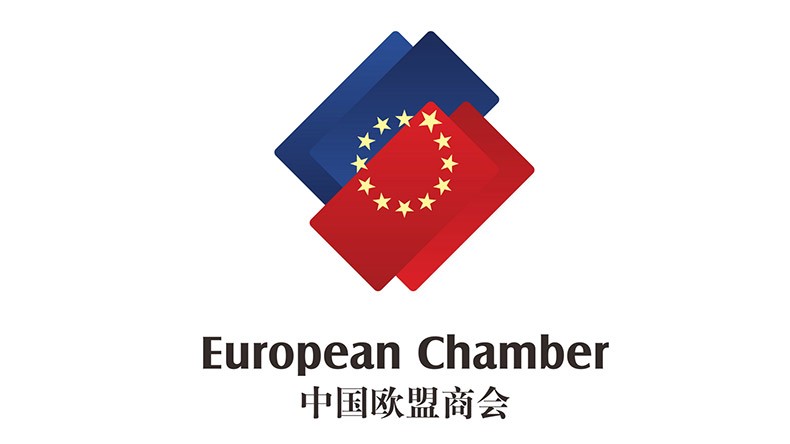
EU Chamber of Commerce urges China to fight industrial overproduction
The European Union Chamber of Commerce in China urged Beijing to do more to tackle excess industrial production, saying that failed attempts to do so have created a flood of excess goods that threatens to destabilize the global economy, The Wall Street Journal (WSJ) writes.
According to the article, the call comes as Chinese manufacturers, hit by an economic slowdown, are sending products – from tires and steel to solar panels and chemicals – overseas that they cannot sell at home. The EU Chamber, which represents more than 1,600 members across China, said that excess production is plaguing industrial sectors, such as steel, cement and chemicals, but is also spilling over into the consumer economy, including consumer electronics, pharmaceuticals and even food and apparel.
The usage rate for China’s steel in 2014 dropped to 71% from 80% in 2008, the EU Chamber estimated, based on China’s official data. Production increased to 813 million metric tons from 513 million tons during that time, the industry group said.
Representatives from Europe’s steel industry, reeling from competition from cheap Chinese steel, last week took to the streets in Brussels to protest alleged unfair trade practices that they claim will worsen if the EU grants market-economy status to China later this year. Such a move would make it more difficult for Europe to impose steep tariffs on Chinese goods, the WSJ reports.
London-based Caparo Industries PLC initiated bankruptcy proceedings in October for 16 of its 20 steel businesses, which employed 1,700 people. Tata Steel Ltd. of India blamed overproduction in China when it said in January that it would cut 1,050 jobs from its U.K. operations, adding to cuts announced in October.
The EU Chamber, which released a study on China’s industrial overcapacity, said China must act immediately to restructure its economy and overhaul state-owned companies that are pumping out excess goods. It must reduce negative impacts in China, such as job losses and bad debt, and fend off a crisis that could reverberate globally, the chamber said.
Chinese leaders have prioritized party reform and anticorruption, but it is time to shift that focus to the economy, the president of the European Chamber Jörg Wuttke said. “The time spent on economic reforms is way down on the priority list. We believe they have to act now, not wait,” Jörg Wuttke noted as cited by the WSJ.
Chinese leaders have failed to enforce regulations that they themselves have enacted to stamp out overcapacity, Jörg Wuttke said. According to him, they still uphold pricing policies that enable excess production and emphasize business practices—favoring market share over profitability – that sustain it.
Chinese economic officials say they face resistance from vested interests to shutting factories. Government officials responsible for shaping economic policy said in the state-run People’s Daily newspaper three years ago that the primary problems in tackling overcapacity are “excessive allocation of resources” and “unreasonable intervention” by local governments, the article reads.
The EU chamber’s study zeroed in on eight industries in which European companies compete with Chinese counterparts, including steel, cement, glass and chemicals, and shows that production has increased over time, while utilization rates – which show how efficiently a factory is being used – have fallen.
The report emerged ahead of the meeting of Group of 20 finance ministers and central-bank governors in Shanghai, where leaders are expected to raise issues with China’s reform. Excess capacity also weighs on China’s economy at home. Prices at the factory gate remain deep in deflationary territory and have been so for nearly four years. China reported last week that producer prices declined 5.3% in January from a year earlier, the WSJ writes.
Newsfeed
Videos






























